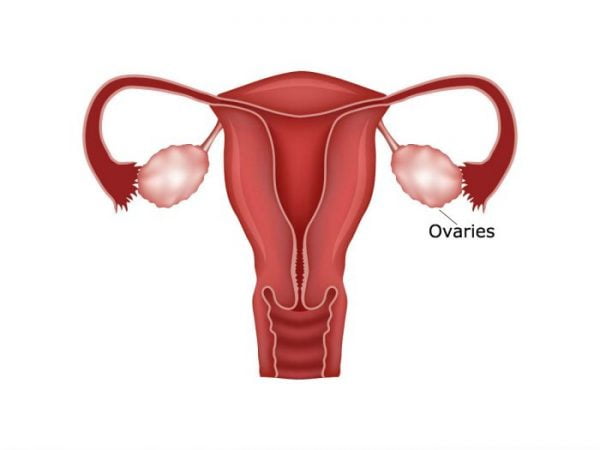ABOUT CONTRACEPTIVE IMPLANT
The contraceptive implant is a 40mm flexible tube inserted beneath the skin of a woman’s upper arm, in order to prevent pregnancy by inhibiting the normal maturation and release of eggs.
The implant works by releasing progestogen into the bloodstream which increases the thickness of mucus in the cervix, and makes the uterus lining thinner.
The implant is inserted by a doctor and lasts up to 3 years before needing to be replaced. Whilst the implant protects against pregnancy, it does not protects against STIs.
Recommended for
The contraceptive implant is an option for any woman that wants a long-term, reversible contraceptive method.
The contraceptive implant is especially appropriate for women that are not suited to contraception which relies on estrogen, or women who do not want to take the pill each day.
TIME REQUIREMENTS
- Average length of stay abroad: 1 – 2 days.
- Number of trips abroad needed: 1.

HOW TO FIND QUALITY TREATMENT ABROAD
BEFORE CONTRACEPTIVE IMPLANT ABROAD
The doctor will asses the overall health of the patient and their suitability to receive the implant. They will perform a pelvic exam and will plan the timing of inserting the implant, based on the patient’s menstrual cycle. A pregnancy test may also be carried out, in order to ensure that the patient is not pregnant.
HOW IS IT PERFORMED
The patient will lie on the their back and a local anesthetic is used to numb the area on the upper arm. A device is then used to insert the implant is beneath the skin on the upper arm.
Procedure duration
The Contraceptive Implant takes 10 to 15 minutes.

WHAT TO EXPECT AFTER CONTRACEPTIVE IMPLANT
Post procedure care
The implant site may appear as red, tender or bruised after the procedure, but this will pass.
Possible discomfort
Some women may experience irregular periods for the first year after the implant is inserted, but this should settle. Some women also find that their periods stop completely.
IMPORTANT THINGS TO KNOW ABOUT CONTRACEPTIVE IMPLANT
Success rates
The implant is 99.99% effective against pregnancy.
Not recommended for
- Pregnant women
- Arterial disease
- History of heart disease or stroke
- Blood clots
- Liver disease
Potential risks
- Infection in arm at site of implantation
- Implant displacement















